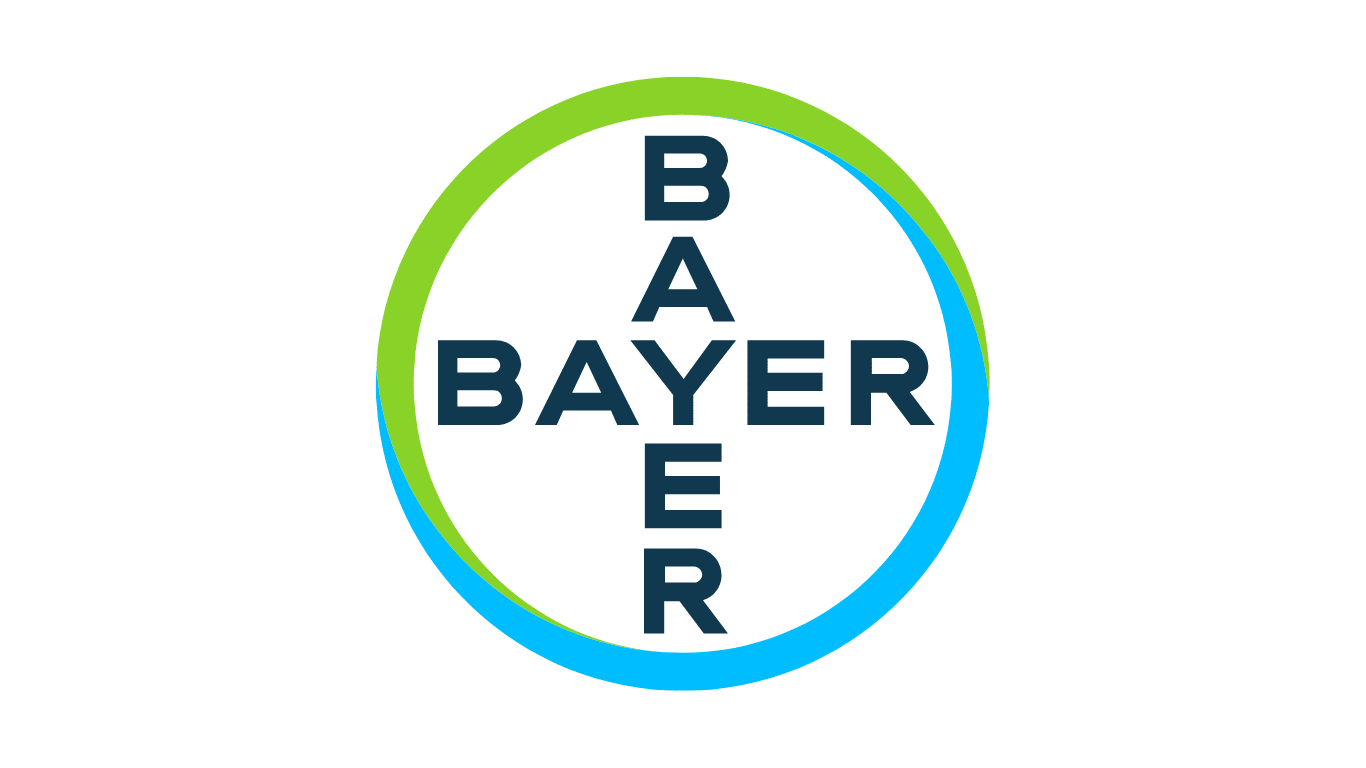Bayer AG is reportedly weighing a controversial legal strategy to contain mounting liabilities from tens of thousands of lawsuits tied to Roundup weedkiller—one that could involve placing its Monsanto subsidiary into Chapter 11 bankruptcy.
According to The Wall Street Journal, the German pharmaceutical and biotech giant has enlisted legal and financial advisors from Latham & Watkins and AlixPartners to evaluate options that could include a partial bankruptcy filing. The aim would be to isolate Monsanto’s Roundup-related litigation risk while continuing broader operations. If pursued, such a filing could pause ongoing lawsuits and reroute remaining claims into bankruptcy court for resolution.
Bayer has already paid more than $10 billion to settle lawsuits alleging that Roundup, a glyphosate-based herbicide, causes cancer. Still, approximately 67,000 cases remain unresolved. The company has set aside $5.9 billion to handle these claims, but rising litigation costs and recent jury verdicts—some in the hundreds of millions—have investors anxious and Bayer’s board under mounting pressure.
The latest legal move comes on the heels of a U.S. Supreme Court petition filed by Bayer in April, asking the Court to sharply limit the ability of plaintiffs to sue under state law when a product has federal regulatory approval. A decision in that case could have sweeping implications for the future of tort litigation in the agrochemical and pharmaceutical industries.
Bayer inherited the Roundup legal exposure when it acquired Monsanto in 2018 for $63 billion. At the time, the deal was hailed as transformative, expanding Bayer’s global agriculture footprint. But it quickly turned into one of the most contentious mergers in corporate history, as thousands of plaintiffs came forward with claims that long-term exposure to Roundup caused non-Hodgkin’s lymphoma and other cancers.
In recent months, Bayer’s broader business has also faced headwinds. The company reported setbacks in its pharmaceutical pipeline, especially around key experimental drugs, and has encountered weaker performance in agricultural markets. Some investors are now calling for a breakup or sale of underperforming divisions to unlock value and stabilize the company’s future.
Whether bankruptcy becomes Bayer’s next move remains uncertain. For now, it signals just how serious and financially destabilizing the Roundup legacy has become—and how far Bayer may go to draw a legal line under it.
About Bayer AG
Bayer AG is a global life sciences company headquartered in Leverkusen, Germany, with core competencies in healthcare and agriculture. Founded in 1863, the company is known for developing aspirin and has since evolved into one of the world’s largest pharmaceutical and crop science firms. Bayer operates across three main divisions: Pharmaceuticals, Consumer Health, and Crop Science. In 2018, Bayer acquired U.S.-based agrochemical company Monsanto, expanding its agricultural portfolio but also inheriting significant legal liabilities tied to the herbicide Roundup. With a mission to "Science for a Better Life," Bayer remains a key player in addressing challenges ranging from public health to global food security.
